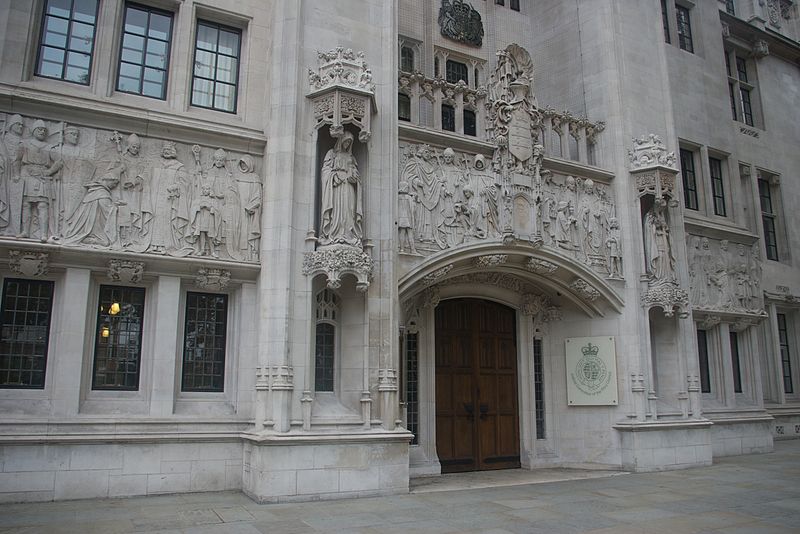Well-known poker pro, Phil Ivey won about £7.8m playing Baccarat at Crockfords Club in London nearly 5 years ago in August. On Thursday, July 13 the Supreme Court of the UK will hear his final appeal seeking to be paid. The Supreme Court hears civil cases which raise issues deemed to be of general importance to the public and is the last stop with no further appeals possible.
In a statement distributed to the media, Ivey, who is 40 now, said of the case: “Last November’s Court of Appeal ruling made no sense to me. The original trial judge ruled that I was not dishonest and none of the three Appeal Court judges disagreed, and yet the decision went against me by a majority of 2 to 1. I am so pleased that the Supreme Court has granted me permission to fight for what I genuinely believe is right. I am hopeful that the Supreme Court will reverse the decision against me and that I will finally receive my winnings which I consider to be the just and proper outcome to this dispute.”
According to some legal experts, the point at issue could have far-reaching implications as it deals with whether or not dishonesty is a necessary element for cheating at gambling. Ivey’s legal team contends that without dishonestly it is not possible to cheat. They contend that without an element of dishonesty there can be no cheating and Ivey should be paid.
Matthew Dowd of Archerfield Partners LLP, one of the firms representing Ivey stated: “Phil and his legal team are delighted that the Supreme Court judges have decided that the Court of Appeal’s decision should be reviewed. The Court of Appeal’s ruling left the interpretation of Section 42 of the Gambling Act totally unclear and the decision to hear Phil’s appeal demonstrates that the Supreme Court agrees with that view.”
The case has been in the UK courts since Ivey issued proceedings against Crockfords Club (Genting Casinos UK Ltd) in May 2013. In October 2014 the High Court denied him proceeds from the games which he won by an advantage gambling technique known as edge sorting. Advantage players can sometimes determine with good certainty whether a card is high or low by reading subtle differences in the card’s markings. The success of the technique may require a player to persuade the croupier to unwittingly sort the cards, which Crockfords maintains is cheating because the dealer was “tricked” into performing the action.
The High Court’s decision rested on the difference between simply reading anomalies or manufacturing defects on cards and the active element of involving the dealer in the technique.
In January 2015, Ivey was granted permission to appeal the London High Court’s decision and the case was heard again in April 2016 by the Court of Appeal in London, which upheld the ruling in November. In February of this year, the Supreme Court agreed to hear the case and the final appeal will be decided after arguments are presented beginning on July 13.
A similar case in the US ran in parallel to the Crockford’s case. Ivey won $9.6 million from Borgata Casino in New Jersey with partner Cheung Yin Sun over a period of several months in 2012. In 2014 the casino sued to retrieve winnings paid along with added damages. Ivey counter-sued in 2015 and in 2016 a Federal Judge ruled that they must repay US$10 million to the Borgata. The decision relied on an opinion that the duo effectively marked the cards which the court determined violated New Jersey’s Casino Controls Act. Observers who supported Ivey at the time noted that the decision was preposterous as Ivey was not charged with the crime of cheating, while others noted that the threshold of proof in civil cases is different than that in criminal cases.



